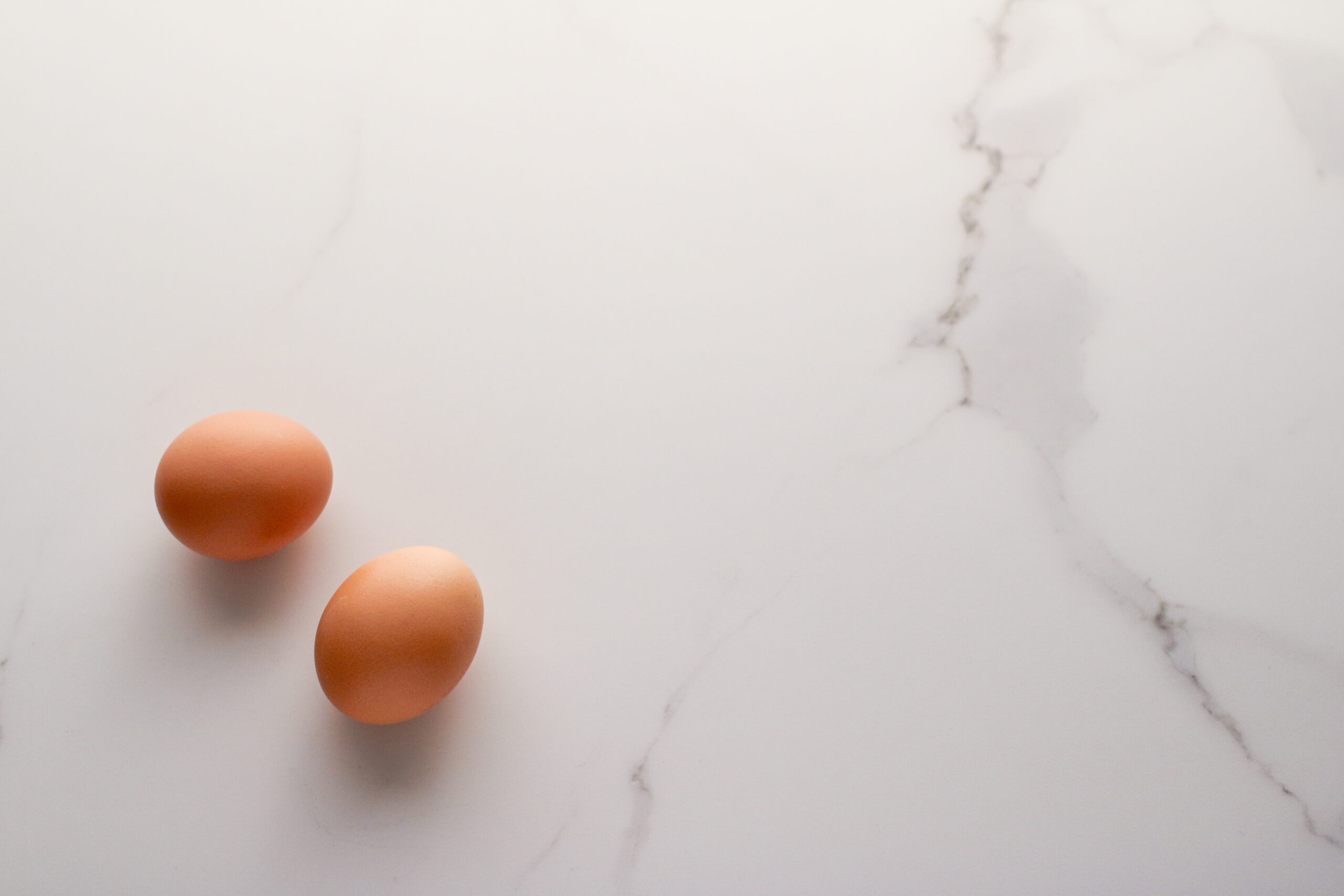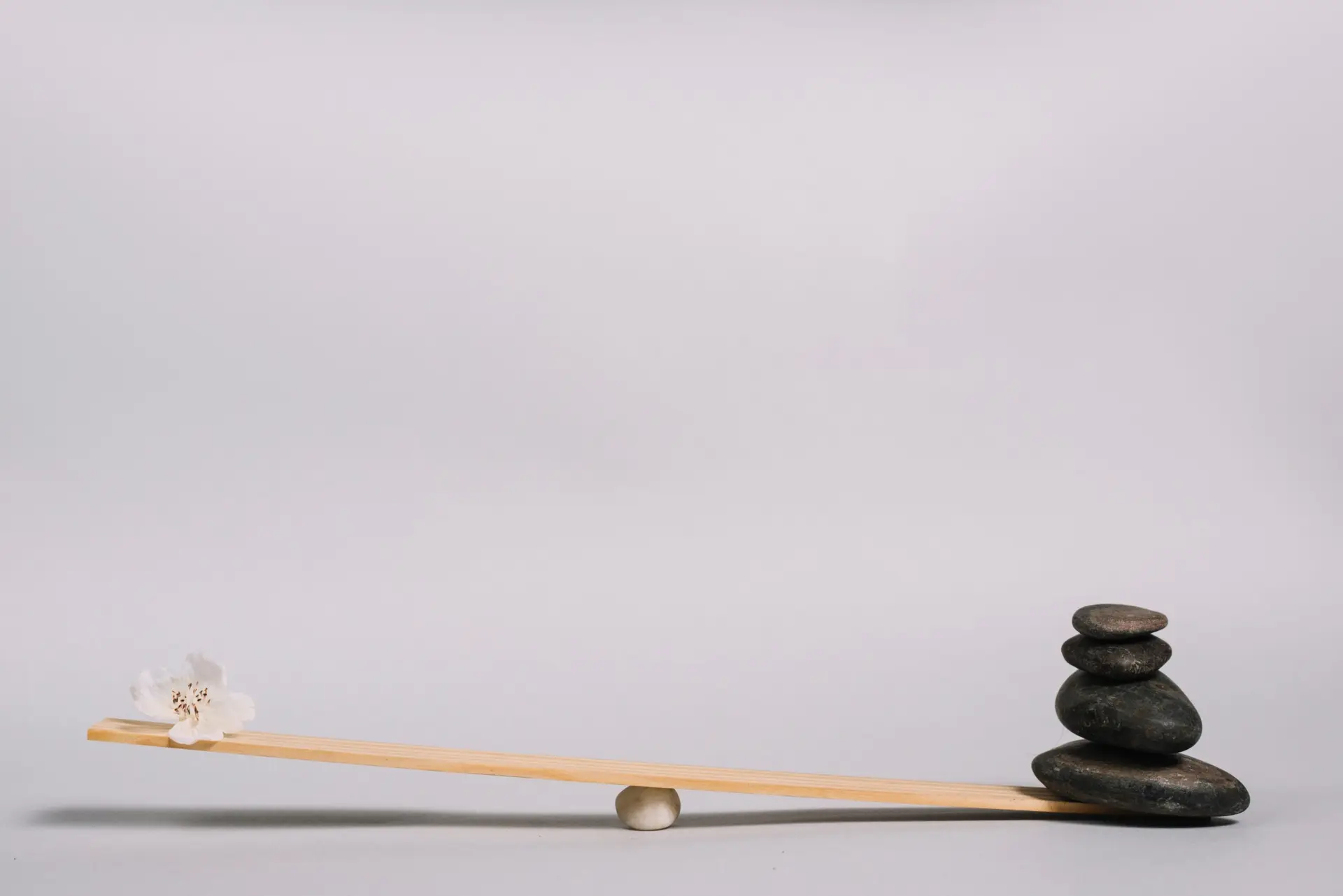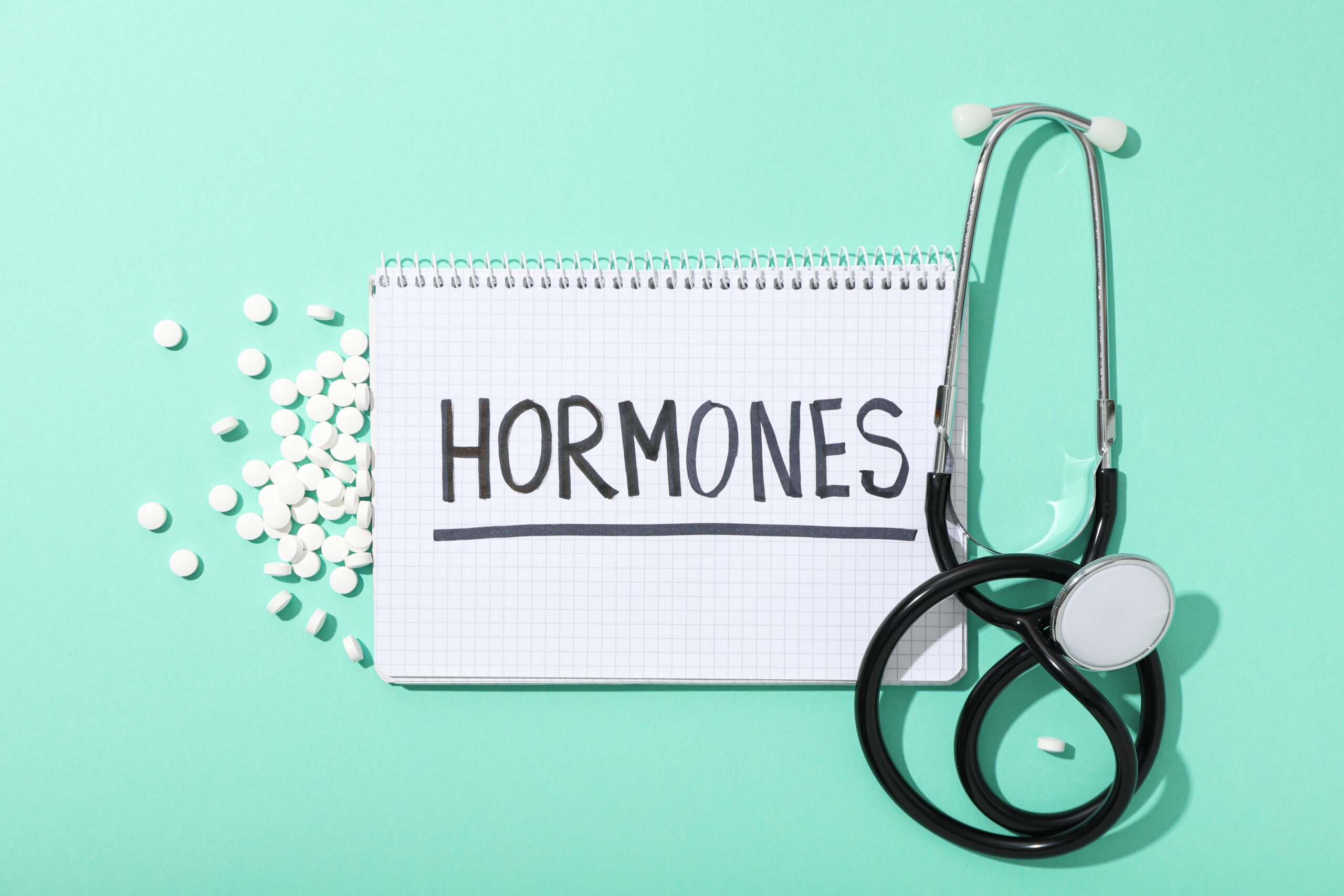Fertility supplements provide essential nutrients that support reproductive health by regulating hormones, improving egg quality, and enhancing overall fertility. While they’re not a magic fix, they can play a valuable role in optimizing your fertility health.
If you’re considering fertility supplements, you might be wondering where to start or which ones are most effective. In this article, we’ll explore evidence-based supplements, their benefits, and how they support reproductive health—helping you make informed choices on your journey.
1. Folic Acid
Folic acid is crucial for anyone trying to conceive, as it helps reduce the risk of neural tube defects in early pregnancy. According to the CDC, women should take at least 400 mcg of folic acid daily, ideally starting a few months before trying to conceive.
2. Vitamin D
Vitamin D plays a significant role in regulating reproductive hormones. Studies show that a deficiency in vitamin D can negatively affect ovulation and fertility. For adults who are vitamin D deficient, many doctors recommend a daily supplement, especially for those living in regions with limited sunlight.
3. Coenzyme Q10 (CoQ10)
CoQ10 is a powerful antioxidant that helps protect your cells from damage. It’s particularly beneficial for women over 35, as it has been shown to improve egg quality by boosting mitochondrial function.
4. Omega-3 Fatty Acids
Omega-3 fatty acids are known for their anti-inflammatory properties, which are essential for maintaining hormonal balance. Research has shown that omega-3s can improve fertility outcomes by supporting egg quality and regulating menstruation.
5. Iron
Iron deficiency is linked to ovulatory dysfunction, which can make it difficult to conceive. Ensuring adequate iron levels through diet or supplements can improve your chances of regular ovulation.
6. Zinc
Zinc plays a crucial role in fertility by supporting hormone regulation, egg development, and overall reproductive health. It helps maintain proper ovarian function and ensures healthy cell division, which is essential for egg quality. Including zinc-rich foods like nuts, seeds, and whole grains in your diet or taking a zinc supplement (under medical guidance) can help support reproductive wellness.
Conclusion
It’s essential to have open conversations with your healthcare provider about your fertility goals and concerns. With advancing scientific research, there are many antioxidants being studied in the field of fertility, but they should always be used thoughtfully and in consultation with a healthcare professional.
Every fertility journey is different, and what works for one person may not work for another. Most important is that you feel confident in the steps you’re taking toward parenthood, and we’re here to guide and support you along the way.
FAQs:
- Can supplements improve fertility for both men and women?
Yes, fertility supplements can benefit both men and women. Supplements like CoQ10 and omega-3s have been shown to improve sperm quality in men, just as they can enhance egg quality in women.
- Do I need to continue fertility supplements during pregnancy?
Some supplements, like folic acid and iron, should be continued during pregnancy to support the baby’s development. Your doctor can help you adjust your supplement plan after conception.
- Can a vegan or vegetarian diet affect my fertility supplement needs?
Yes, certain nutrients like iron, vitamin B12, and omega-3s may be harder to obtain from plant-based diets, so alternatives may be recommended for those following vegan or vegetarian diets.
- How long should I take fertility supplements before seeing results?
It can take anywhere from three to six months to see the benefits of fertility supplements, as it takes time for your body to adjust to the added nutrients and improve hormonal balance.





